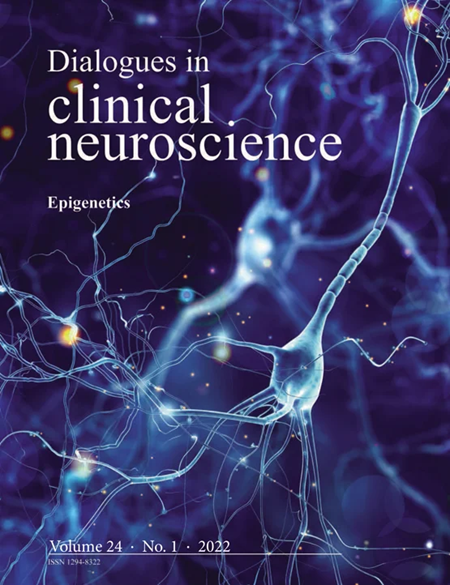非痴呆性精神健康障碍中认知缺陷的药物治疗
IF 8.3
2区 医学
Q1 Medicine
引用次数: 16
摘要
对三种主要精神疾病——注意力缺陷多动障碍(ADHD)、精神分裂症和抑郁症——的认知缺陷的药物补救证据进行了综述。多动症可以用兴奋剂药物哌甲酯和d-安非他明以及非兴奋剂如阿托西汀有效治疗,这暗示了去甲肾上腺素和多巴胺介导的认知增强作用。然而,这些影响背后的确切机制尚不清楚。精神分裂症的认知缺陷治疗效果较差,但尝试通过各种神经递质策略进行了调查。通过抗抑郁药物(例如,选择性血清素再摄取抑制剂)和辅助药物治疗抑郁症认知缺陷的可能性直到最近才受到关注,因为它们对情绪的影响是混杂的,或者可能是相互作用的。展望这一重要领域的未来进展,可能需要考虑认知(包括神经退行性疾病)的跨诊断观点,以及神经心理学、神经生物学和临床试验设计方法的改进,以增强认知。本文章由计算机程序翻译,如有差异,请以英文原文为准。
Pharmacological treatment of cognitive deficits in nondementing mental health disorders
Evidence for pharmacological remediation of cognitive deficits in three major psychiatric disorders—attention deficit- hyperactivity disorder (ADHD), schizophrenia, and depression—is reviewed. ADHD is effectively treated with the stimulant medications methylphenidate and d-amphetamine, as well as nonstimulants such as atomoxetine, implicating cognitive enhancing effects mediated by noradrenaline and dopamine. However, the precise mechanisms underlying these effects remains unclear. Cognitive deficits in schizophrenia are less effectively treated, but attempts via a variety of neurotransmitter strategies are surveyed. The possibility of treating cognitive deficits in depression via antidepressant medication (eg, selective serotonin reuptake inhibitors) and by adjunctive drug treatment has only recently received attention because of confounding, or possibly interactive, effects on mood. Prospects for future advances in this important area may need to take into account transdiagnostic perspectives on cognition (including neurodegenerative diseases) as well as improvements in neuropsychological, neurobiological, and clinical trial design approaches to cognitive enhancement.
求助全文
通过发布文献求助,成功后即可免费获取论文全文。
去求助
来源期刊

Dialogues in Clinical Neuroscience
Medicine-Psychiatry and Mental Health
CiteScore
19.30
自引率
1.20%
发文量
1
期刊介绍:
Dialogues in Clinical Neuroscience (DCNS) endeavors to bridge the gap between clinical neuropsychiatry and the neurosciences by offering state-of-the-art information and original insights into pertinent clinical, biological, and therapeutic aspects. As an open access journal, DCNS ensures accessibility to its content for all interested parties. Each issue is curated to include expert reviews, original articles, and brief reports, carefully selected to offer a comprehensive understanding of the evolving landscape in clinical neuroscience. Join us in advancing knowledge and fostering dialogue in this dynamic field.
 求助内容:
求助内容: 应助结果提醒方式:
应助结果提醒方式:


